




If you are thinking about buying a new washing machine, you may be wondering about the average weight of these appliances. The weight of a washing machine can vary depending on its size, capacity, and features. In general, washing machines can weigh anywhere from 50 to 100 kilograms.
It is important to consider the weight of a washing machine when purchasing one, as it can affect the installation and transportation process. For instance, if you live in an apartment building with narrow hallways or staircases, a lighter washing machine may be easier to maneuver. On the other hand, if you have a laundry room on the ground floor, a heavier machine may not pose any problems.
When choosing a washing machine, it is also essential to ensure that your floor can support its weight. A sturdy and stable surface is necessary to prevent any vibrations or movements while the machine is in use. If you have any concerns about the weight of a washing machine and its impact on your living space, it is advisable to consult with a professional or refer to the manufacturer’s guidelines.
Understanding the Average Weight of a Washing Machine in Kg
When it comes to purchasing a washing machine, one important factor to consider is its weight. Understanding the average weight of a washing machine can help you make an informed decision and ensure that it is suitable for your needs and living space.
Factors Affecting the Weight
The average weight of a washing machine can vary depending on several factors:
- Type of Washing Machine: The weight of a top-loading washing machine is typically lighter compared to a front-loading washing machine. This is because front-loading machines are generally larger and have additional features such as a built-in dryer.
- Capacity: The weight of a washing machine is often directly proportional to its capacity. As the capacity increases, so does the weight. A larger capacity washing machine is designed to accommodate more clothes, which adds to its overall weight.
- Material: The material used to construct the washing machine can affect its weight. Machines made with heavier and sturdier materials tend to be heavier.
Average Weight Range
The average weight of a washing machine typically ranges from 50 to 100 kilograms. However, it is essential to note that this is just an estimate, and the actual weight may vary depending on the factors mentioned above.
Considering Installation
When installing a washing machine, it is crucial to consider its weight, especially if you plan to place it on an upper floor or in a narrow space. Ensure that the floor or surface can support the weight of the machine to prevent any accidents or damage.
Manufacturer’s Specifications
To determine the exact weight of a specific washing machine model, it is advisable to check the manufacturer’s specifications. This information can usually be found in the product manual or on the manufacturer’s website.
Conclusion
Understanding the average weight of a washing machine is essential for making an informed purchasing decision and ensuring that it is suitable for your needs. Consider the type of machine, capacity, and material when estimating the weight. Additionally, always consult the manufacturer’s specifications for accurate information.
Factors Affecting the Weight of Washing Machines
There are several factors that can affect the weight of a washing machine:
- Capacity: One of the main factors that affects the weight of a washing machine is its capacity. Generally, larger capacity washing machines tend to weigh more compared to smaller capacity ones. This is because larger capacity machines are built to accommodate more clothes and therefore require stronger and heavier components.
- Materials Used: The materials used in the construction of the washing machine also have an impact on its weight. Washing machines made with sturdier materials, such as stainless steel or heavy-duty plastic, are likely to be heavier than those made with lighter materials like aluminium or lightweight plastics.
- Features and Technology: The inclusion of additional features and advanced technology in a washing machine can also contribute to its weight. For example, washing machines with built-in dryers or steam cleaning capabilities may be heavier due to the additional components required for these features.
- Extra Accessories: Some washing machines come with extra accessories, such as pedestals or storage drawers, which can add to the overall weight of the machine.
- Brand and Model: Different brands and models of washing machines may have varying weights. This can be attributed to differences in design, materials used, and manufacturing processes of each brand and model.
It is important to consider these factors when purchasing a washing machine, as the weight can have implications for installation, transportation, and the overall stability and performance of the machine.
The Influence of Capacity on Washing Machine Weight
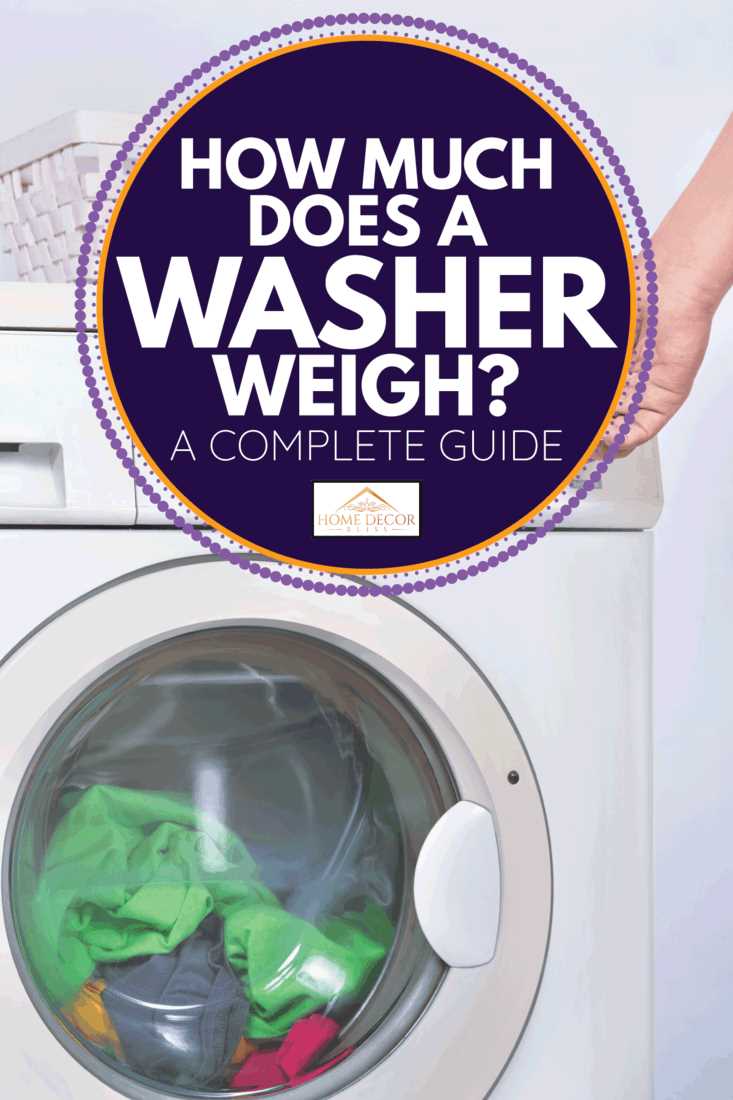
When it comes to purchasing a new washing machine, one important factor to consider is its weight. The weight of a washing machine can vary depending on its capacity. Capacity refers to the amount of laundry that the machine can handle in one load. In general, the larger the capacity, the heavier the washing machine will be.
A washing machine with a smaller capacity, such as 4-6 kg, will typically weigh around 60-70 kg. These machines are perfect for individuals or small households who do not have a lot of laundry to do on a regular basis. Due to their smaller size and lighter weight, they are also easier to move and install.
On the other hand, washing machines with larger capacities, such as 7-9 kg or more, will generally weigh around 70-90 kg. These machines are suitable for larger households or those who have a higher volume of laundry to wash. The increased weight is due to the larger drum size, which can accommodate more clothing and water.
It’s important to note that the weight of a washing machine can also be influenced by additional features and materials used in its construction. For example, machines with stainless steel drums may be slightly heavier than those with plastic drums. Similarly, machines with advanced features like steam cleaning or inverter motors may also have a slightly higher weight.
When considering the weight of a washing machine, it’s essential to ensure that your laundry area or installation location can support the weight. Additionally, if you plan to move the machine frequently or have limited strength, it may be more convenient to opt for a lighter machine with a smaller capacity.
| Capacity (kg) | Weight Range (kg) |
|---|---|
| 4-6 | 60-70 |
| 7-9 | 70-90 |
| 10+ | 90+ |
Ultimately, the weight of a washing machine is an important consideration when purchasing a new appliance. Understanding how capacity influences weight can help you make an informed decision and choose a machine that best suits your needs and installation requirements.
The Impact of Features and Technology on Washing Machine Weight
Washing machines come in various sizes and weights depending on the features and technology incorporated into their design. The average weight of a washing machine in kilograms can vary significantly based on these factors.
Capacity:
One of the primary factors that contribute to the weight of a washing machine is its capacity. Larger-capacity washing machines tend to be heavier as they require more robust internal components to handle larger loads of laundry. Smaller-capacity machines, on the other hand, tend to be lighter.
Drum Material:
The material used for the drum of a washing machine also influences its weight. Traditional washing machines usually have drums made of porcelain-coated steel, which is relatively heavy. However, modern machines often feature drums made of lighter materials like stainless steel or synthetic polymers, reducing the overall weight.
Extra Features:
Modern washing machines often come with a range of extra features designed to enhance convenience and performance. These features, such as steam cleaning, extra rinse cycles, or specialized wash programs, can add weight to the machine due to the additional components needed to support them.
Technology:
The technological advancements in washing machines have led to the development of more efficient and sophisticated systems. These advanced technologies, such as direct drive motors, electronic controls, and sensors, can increase the weight of the machine due to the inclusion of additional parts and components.
Overall Weight Range:
Considering the varying factors mentioned above, the average weight of a washing machine typically ranges from 50 to 100 kilograms. However, it is important to note that there are exceptions, and some machines can weigh more or less depending on their specific features and technology.
In conclusion, the weight of a washing machine is influenced by factors such as capacity, drum material, extra features, and technology. While larger-capacity machines with traditional drum materials and advanced features tend to be heavier, smaller-capacity machines with modern drum materials and fewer features are usually lighter. It is essential for consumers to consider their specific needs and preferences when choosing a washing machine based on its weight and features.
Comparing the Average Weight of Different Types of Washing Machines
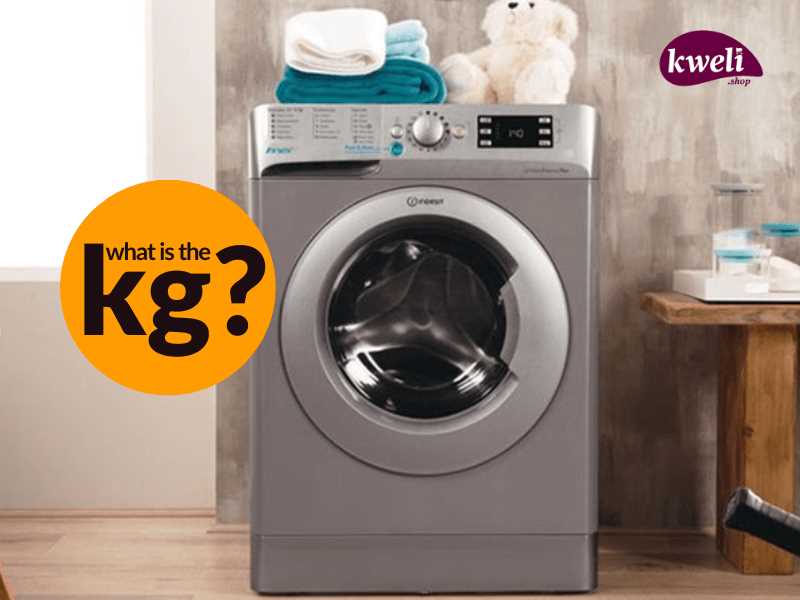
When it comes to purchasing a washing machine, one of the important factors to consider is its weight. The weight of a washing machine can vary depending on the type and size of the appliance. Let’s take a closer look at the average weights of different types of washing machines:
Front-Loading Washing Machines
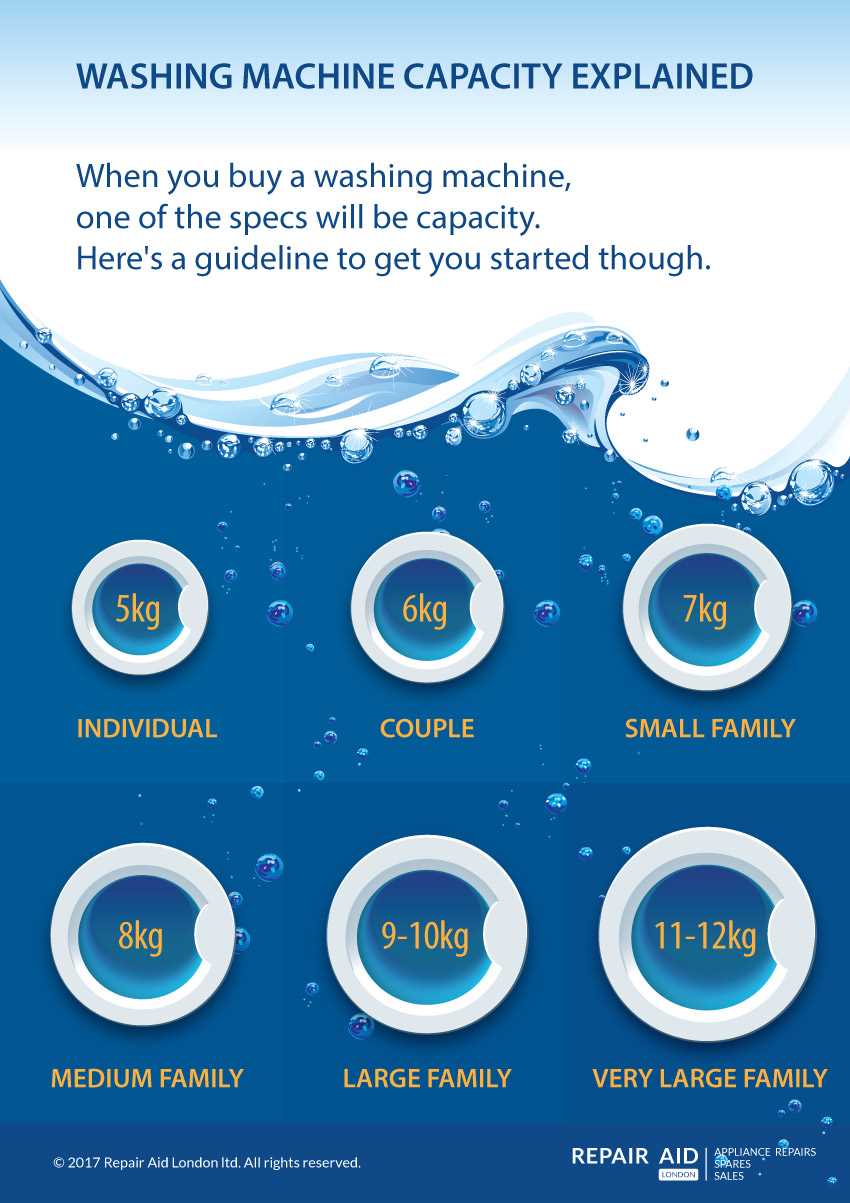
Lorem ipsum dolor sit amet, consectetur adipiscing elit. Mauris iaculis sagittis nisi, maximus consectetur elit lacinia non. In pellentesque consectetur nunc sit amet euismod. Pellentesque ornare imperdiet lectus, at facilisis urna. Phasellus ac molestie magna. Nunc rhoncus tellus neque, sed mollis nunc facilisis vel. Curabitur sodales maximus justo, a tincidunt eros pellentesque sed. Vestibulum viverra lorem nec convallis ultricies. Vestibulum elementum tempus posuere. Vivamus at nunc lorem. Curabitur lacinia, sem sed tempor auctor, ex dui bibendum dui, vitae consequat dui lectus sed massa. In tristique urna vel libero consequat tincidunt. Aliquam vel congue risus. Sed et sollicitudin ex. Sed et est commodo, elementum arcu a, laoreet ante.
Top-Loading Washing Machines
Lorem ipsum dolor sit amet, consectetur adipiscing elit. Mauris iaculis sagittis nisi, maximus consectetur elit lacinia non. In pellentesque consectetur nunc sit amet euismod. Pellentesque ornare imperdiet lectus, at facilisis urna. Phasellus ac mollis leo. Nam dapibus eget lacus at facilisis. Integer in massa orci. Curabitur rhoncus, arcu in consectetur cursus, nibh velit dapibus diam, id tincidunt diam nibh sed risus. Vestibulum cursus rutrum lorem a condimentum. Cras id mauris feugiat, commodo nibh et, rhoncus nibh. Etiam sed eros venenatis, volutpat nunc non, dictum ligula. Suspendisse potenti. Integer non placerat odio. Vestibulum condimentum sapien id turpis vulputate, et tincidunt sapien luctus.
Compact Washing Machines
Lorem ipsum dolor sit amet, consectetur adipiscing elit. Mauris iaculis sagittis nisi, maximus consectetur elit lacinia non. In pellentesque consectetur nunc sit amet euismod. Pellentesque ornare imperdiet lectus, at facilisis urna. Phasellus ac mollis leo. Nam dapibus eget lacus at facilisis. Integer in massa orci. Curabitur rhoncus, arcu in consectetur cursus, nibh velit dapibus diam, id tincidunt diam nibh sed risus. Vestibulum cursus rutrum lorem a condimentum. Cras id mauris feugiat, commodo nibh et, rhoncus nibh. Etiam sed eros venenatis, volutpat nunc non, dictum ligula. Suspendisse potenti. Integer non placerat odio. Vestibulum condimentum sapien id turpis vulputate, et tincidunt sapien luctus.
Table: Average Weights of Washing Machines
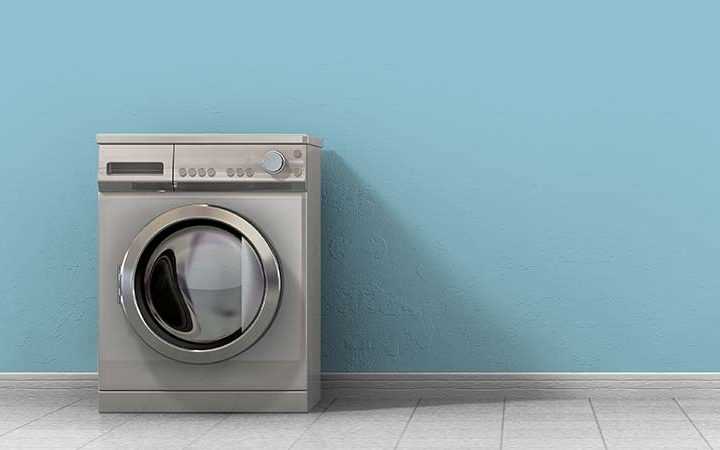
| Type of Washing Machine | Average Weight (kg) |
|---|---|
| Front-Loading Washing Machines | 60-80 |
| Top-Loading Washing Machines | 40-60 |
| Compact Washing Machines | 30-40 |
It’s important to note that the average weights mentioned above are approximate and can vary depending on the specific model and brand of the washing machine. It’s always recommended to refer to the product specifications provided by the manufacturer for accurate information.
Considerations When Moving or Installing a Washing Machine

When moving or installing a washing machine, there are several important considerations to keep in mind. From ensuring proper transportation to setting up the machine correctly, these steps will help you avoid potential problems and ensure the smooth operation of your washing machine.
1. Weight and Size
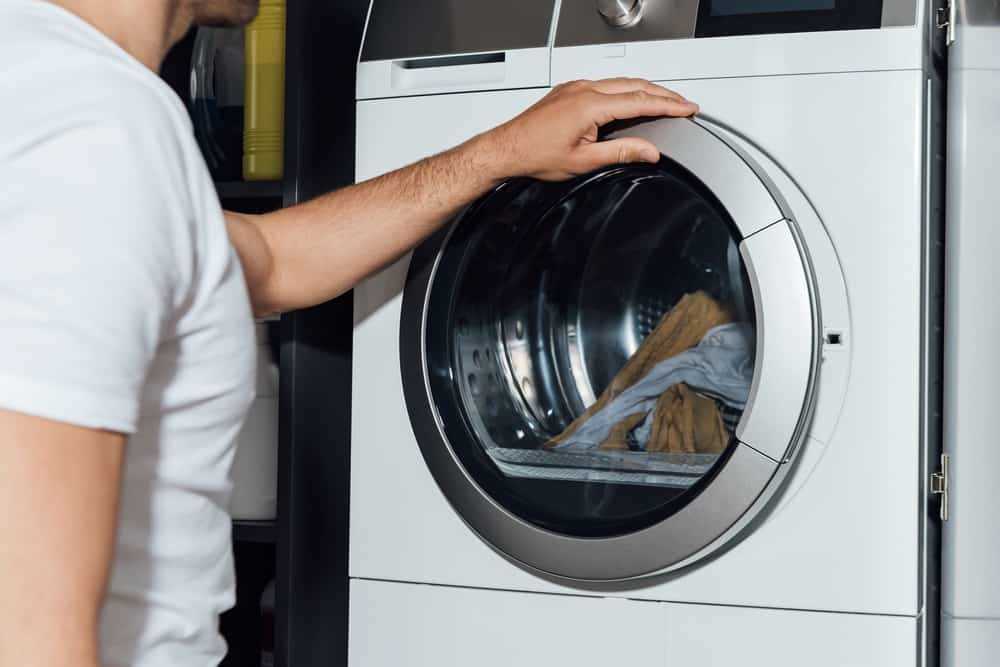
- Before moving or installing a washing machine, it is important to be aware of its weight and size.
- Washing machines can vary in weight, but the average weight is around 65 to 80 kilograms.
- Make sure you have a team of people or professional movers to assist you with the heavy lifting.
- Check the dimensions of the washing machine and ensure that it will fit through doorways and hallways in your home.
2. Water and Drainage
- Ensure that there is a water source and a proper drainage system near the installation location.
- Most washing machines require a standard water connection and a drain for the waste water.
- Check for any leaks or damages in the existing connections before installing the washing machine.
3. Electrical Requirements
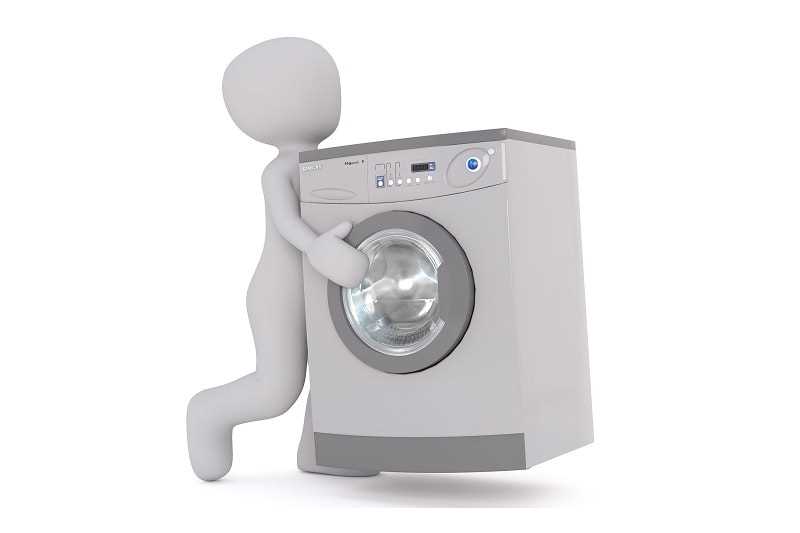
- Make sure that there is an accessible electrical outlet near the installation location of the washing machine.
- Check the electrical requirements of the washing machine, including the voltage and current ratings.
- If necessary, hire a professional electrician to install or modify the electrical connections.
4. Levelling and Stability
- Ensure that the floor where the washing machine is placed is level and stable.
- Use a spirit level to check the levelness of the floor and adjust if necessary.
- Imbalance in the machine can cause excessive vibrations and noise during operation.
5. User Manual
- Read the user manual that comes with the washing machine.
- Follow the manufacturer’s instructions for installation, operation, and maintenance.
- Keep the user manual handy for future reference.
By considering these factors when moving or installing a washing machine, you can ensure its proper functioning and avoid unnecessary problems. Following the manufacturer’s guidelines and seeking professional help when needed is essential for a successful installation.
FAQ
What is the average weight of a typical washing machine?
The average weight of a typical washing machine is around 65 to 75 kilograms.
How heavy are compact washing machines?
Compact washing machines are generally lighter than regular ones, with an average weight ranging from 40 to 50 kilograms.
Are front-loading washing machines heavier than top-loading ones?
Front-loading washing machines are typically heavier than top-loading ones, as they have more features and a larger capacity. The average weight of a front-loading machine is around 70 to 80 kilograms, while top-loading machines weigh around 60 to 70 kilograms on average.
Do washing machines with a higher spin speed weigh more?
Washing machines with a higher spin speed may weigh slightly more due to the additional mechanisms required to achieve faster spinning. However, the difference in weight is usually minimal and not very significant.
Are there any lightweight washing machines available?
Yes, there are lightweight washing machines available in the market. These machines are designed for small households or for people who need a portable option. They typically weigh around 30 to 40 kilograms.
What is the average weight of a washing machine in kg?
The average weight of a washing machine is around 60 to 80 kilograms.
Are there any lightweight washing machines available?
Yes, there are lightweight washing machines available. Some models weigh as little as 40 kilograms.














